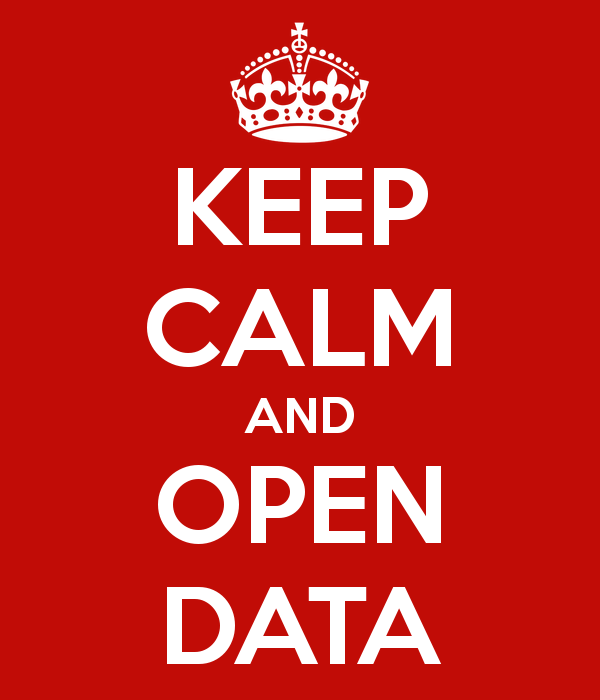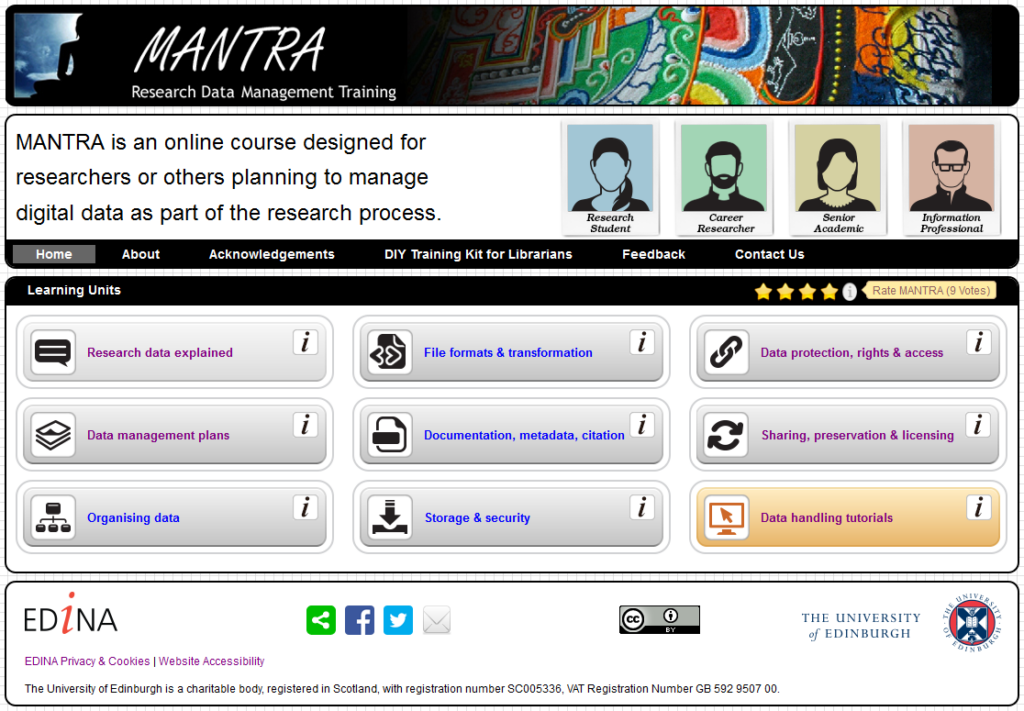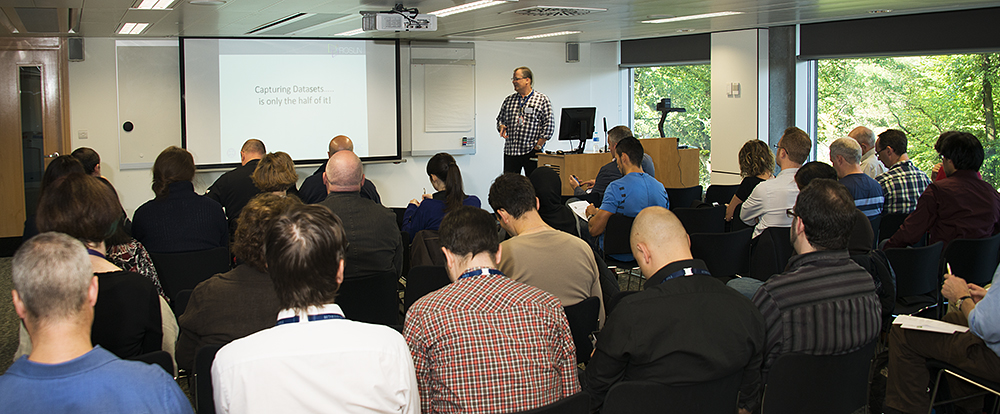DATA-X has been a University of Edinburgh IS Innovation Fund project, also supported by the Data Lab and ASCUS. The project provided a dynamic platform for University of Edinburgh student researchers across all schools to come together and develop collaborate installations that explore data re-use and interdisciplinary boundaries. Research data are often invisible and complex to comprehend by the public and academic peers, with evolving technology and researcher-driving environments, DATA-X facilitate student researchers with the opportunity to visualize and communicate their research in a user-friendly format to audiences from within and outside the university.
After a series of successful and engaging DATA-X workshops, aimed to inform, shape and create ‘installations’ linked to digital data, the multidisciplinary teams (including students from the School of Architecture and Landscape Architecture, Edinburgh College of Art, Reid School of Music, the School of Engineering, The Centre for Synthetic and Systems Biology, the School of Chemistry, the Centre for Integrative Physiology and the Queen’s Medical Research Institute) continued to work on their installations throughout the summer in preparation for the DATA-X exhibition and Symposium.
DATA-X Exhibition:Â
The DATA-X Exhibition ran from 26 November to 6 December 2016, in the Sculpture Court of the Edinburgh College of Art. A total of six physical installations were installed:
eTunes by Dr Siraj Sabihuddin
 A collaborate project for novices to experience the process and creative input required in constructing a musical instrument from start to finish.
A collaborate project for novices to experience the process and creative input required in constructing a musical instrument from start to finish.
Feel the Heat by Nathalie Vladis and Julia Zaenker
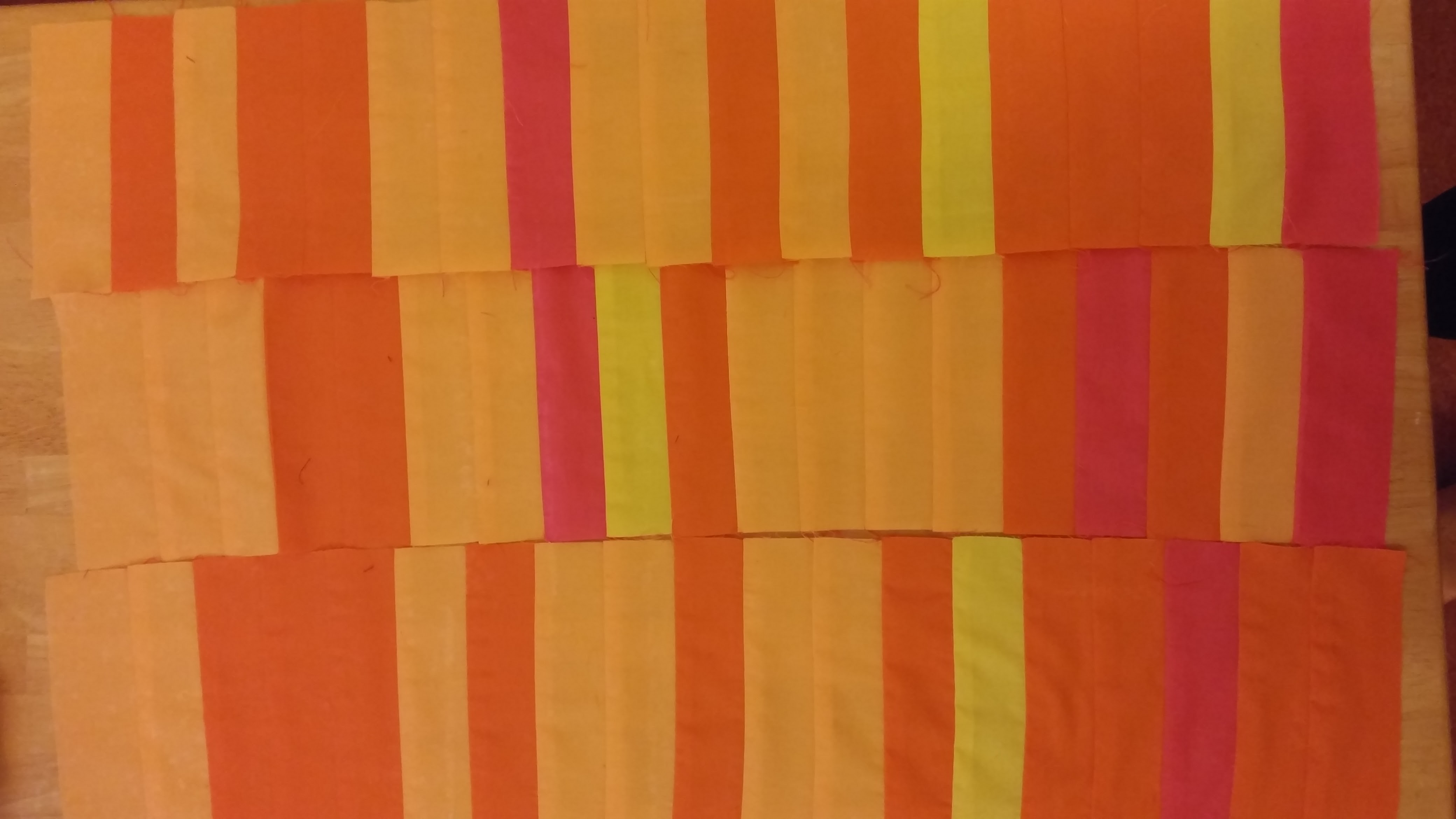 A data quilt, visualising world temperatures between 1961 to 1990. The installation included temperature data sets and interactive colouring maps for audience participation.
A data quilt, visualising world temperatures between 1961 to 1990. The installation included temperature data sets and interactive colouring maps for audience participation.
Inside the black box by Luis Fernando Montaño and Bohdan Mykhaylyk
 An installation simulating bacterial infections. The audience controls the bacterial infection by interactively administering treatment.
An installation simulating bacterial infections. The audience controls the bacterial infection by interactively administering treatment.
PUROS Sound Box by Dr. Sophia Banou, Dr. Christos Kakalis and Matt Giannotti
 An installation that ‘defines’ an ambient musical environment, that is conditioned by the movement of users on an interactive floor.
An installation that ‘defines’ an ambient musical environment, that is conditioned by the movement of users on an interactive floor.
Sinterbot by Adela Rabell Montiell and Dr. Siraj Sabihuddin
 A hands on demonstration on the alternative use of an ordinary household microwave for sintering, in order to alter material by heat.
A hands on demonstration on the alternative use of an ordinary household microwave for sintering, in order to alter material by heat.
Surface of Significance by Lucas Godfrey and Matt Giannotti
 An audio-visual installation that reconceptualise geographic space. The installation explores the relationship between space, materiality and process.
An audio-visual installation that reconceptualise geographic space. The installation explores the relationship between space, materiality and process.
The exhibition launch, on 26 November, also included three performance installations that serenaded the audience throughout the evening:
- o ire by Prof. Nick Fells
A live audio performance during which the performance controller sculpt and shape sounds as the piece unfolds.
- Wind Gust 42048 by Matt Giannottii
A composition based on wind data captured during Hurricane Matthew. Musicians captured the chaotic nature of the storm by moving around and inflecting sporadic sound intensity.
- Elegy for Eagle Philippines by Oli Jan
An excerpt of Oli Jan’s composition project ‘The Carnival of the Endangered Animals‘. The piece features sounds of endangered species on the IUCN Red List.
DATA-X Symposium
To accompany the exhibition, a DATA-X symposium was held on 1 December 2016 in the Main Lecture Theatre of the Edinburgh College of Art. PhD researchers presented their ‘installations’ and demonstrated the tools, processes and techniques behind the installation. This was an informal event and an open forum to facilitate discussion with an academic and non-academic audience. Guest speakers included Dr Jane Haley, Scientific Coordinator for Edinburgh Neuroscience and FUSION, and Dr James Howie, co-founder of ASCUS. Their talks entitled ‘FUSION –where art meets neuroscience’ and ‘ASCUS and the ASCUS Lab: catalysts for Artisience’, illustrated the efficacy of bridging the gap between the arts and sciences and how innovative, multidisciplinary projects can engage wider audiences and create novel public engagement initiatives.
The next and final phase of the project includes the creation of a DATA-X Exhibition Catalogue in which the students will publish their installations. Updates to follow soon.
Data-X Project Manager: Stuart Macdonald (Associate Data Librarian at Edinburgh University Data Library)
Exhibition Coordinator: Dr. Rocio von Jungenfeld (Supported Research Data services at EDINA & Data Library)
Data-X PhD Interns:
Scully Beaver Lynch – PhD candidate in Architecture by Design, Edinburgh College of Art
Adela Rabell Montiel – PhD candidate in Cardiovascular Sciences, Edinburgh Medical School: Clinical Sciences
Cindy Nelson-Viljoen – PhD candidate in Archaeology, School of History, Classics and Archaeology
Dr. Siraj Sabihuddin – PhD in Electronic engineering, School of Engineering
Image credit: DATA-X blog. http://data-x.blogs.edina.ac.uk/
by Cindy Nelson-Viljoen
PhD Student Intern
EDINA and Data Library


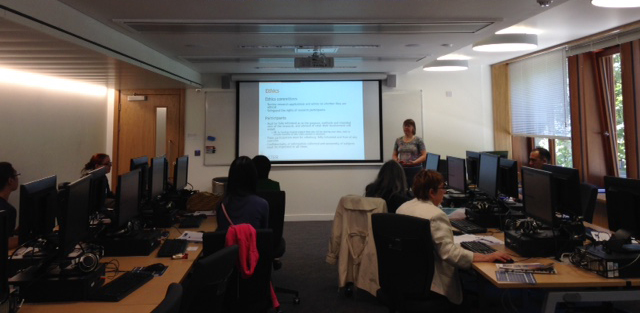
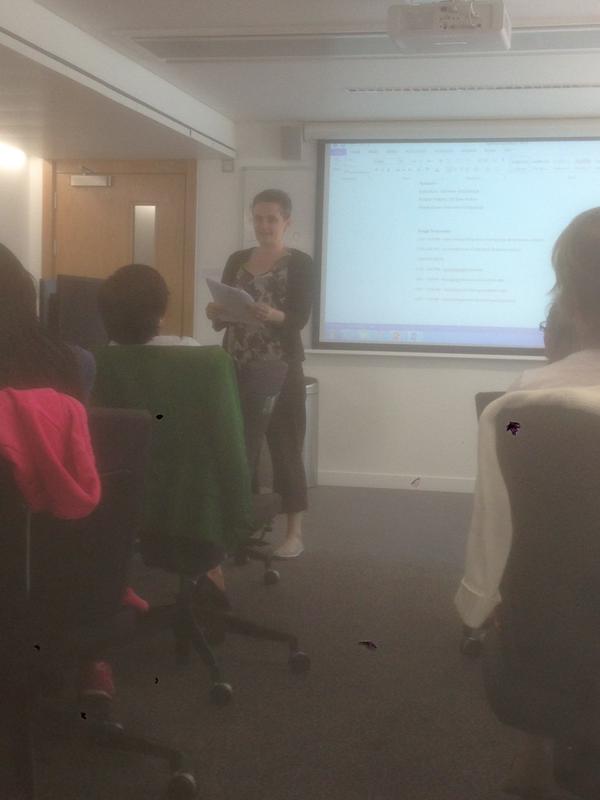 Finally
Finally 


